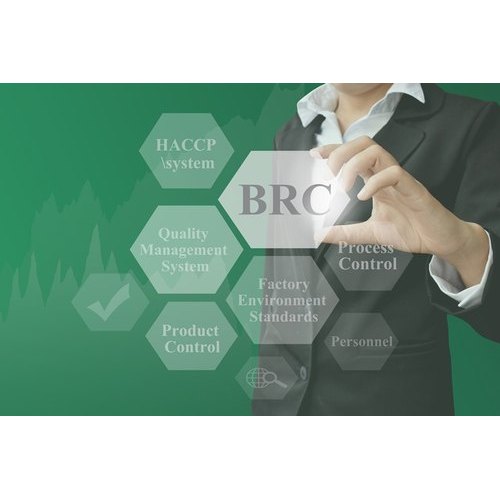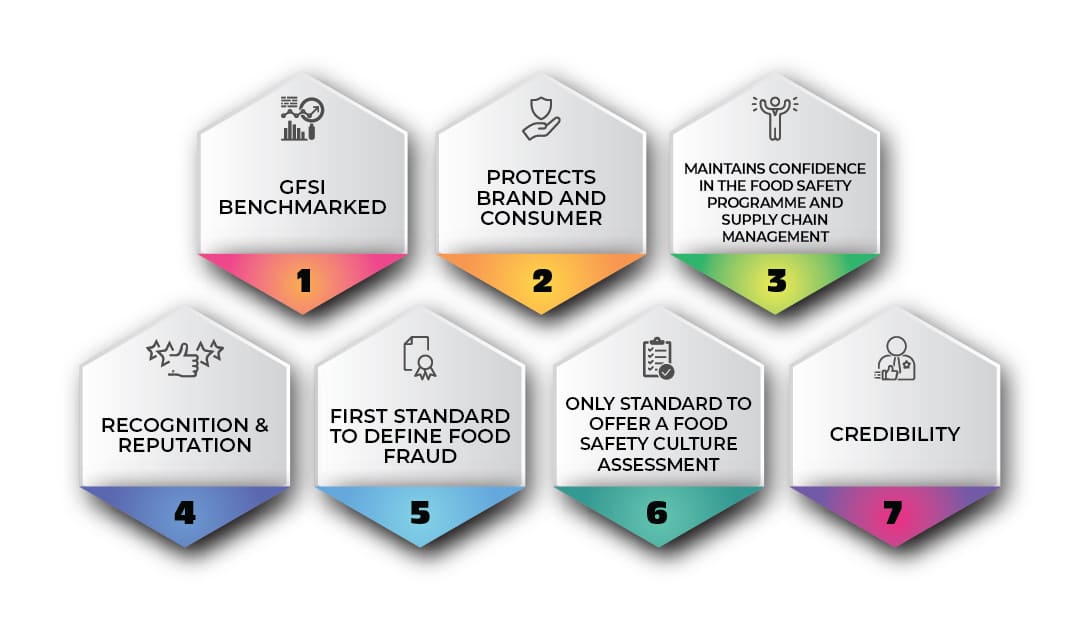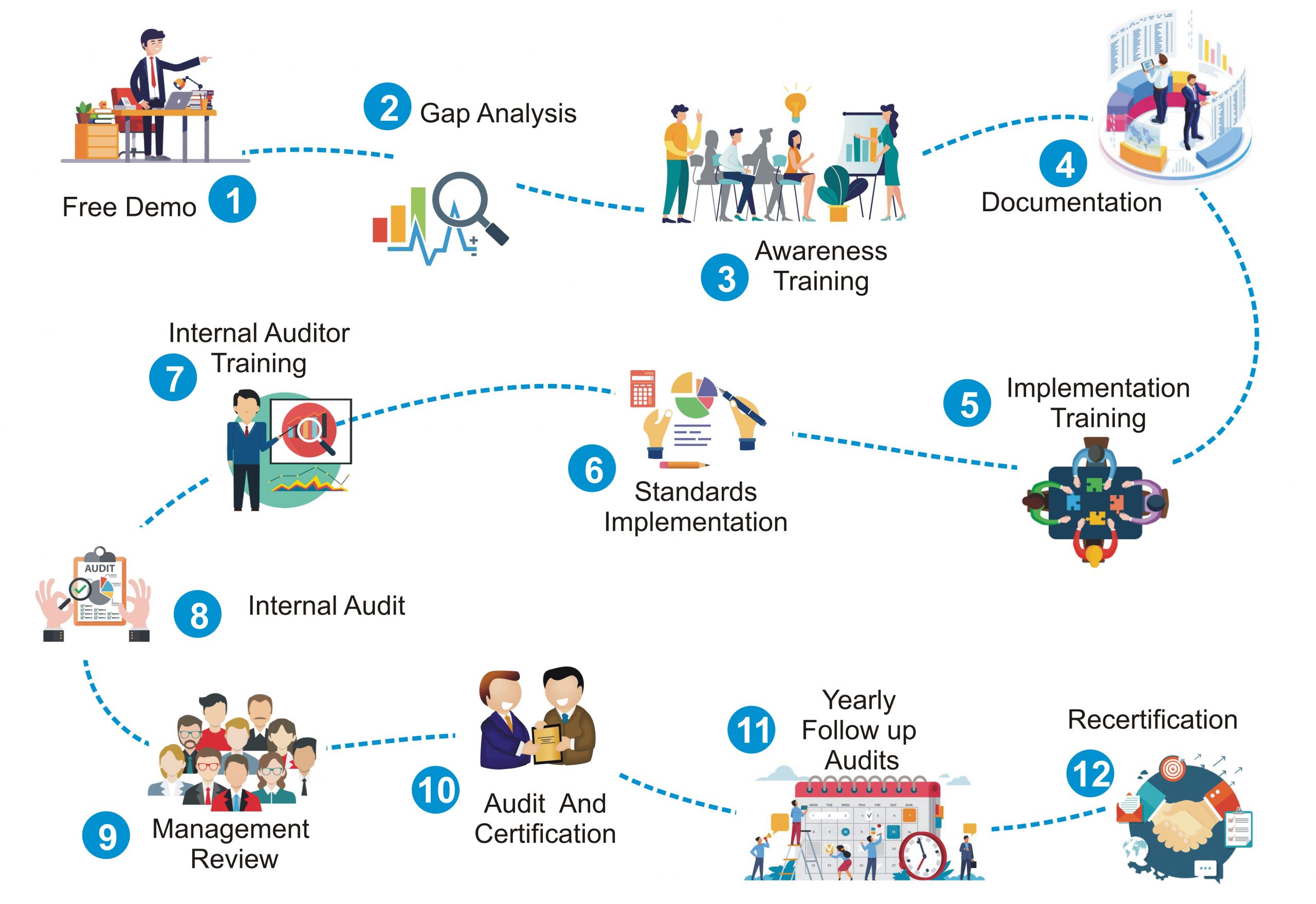BRC FOOD CERTIFICATION - BRC GLOBAL STANDARD FOR FOOD INDUSTRY
Within the food industry, there are numerous standards that need to be followed to ensure the safety of all food produced. So, what is BRC and what are your organisation’s responsibilities in meeting it?
SAFETY OF FOOD PRODUCTS
The safety of food products is one of the top priorities for consumers and governments worldwide. The food supply chain must therefore ensure that products comply with regulations by testing and certifying them appropriately, while also dealing with commercial pressures to control costs and reduce time to market. Consequently, increasing numbers of retailers and food Service providers are mandating that their suppliers are certified against a scheme approved by the Global Food Safety Initiative (GFSI).
WHAT ARE THE BRC GLOBAL STANDARDS
Originally developed and published in 1998, the British Retail Consortium (BRC) Global Standards specify safety, quality and operational criteria for food producers and suppliers. Used worldwide, the standards are recognised by the GFSI, which aims to reduce the need for multiple supplier audits by harmonising international food safety standards. BRC standards are accepted by many of the world’s largest retail groups, manufacturers and food service organisations - providing an international mark of excellence for the certificate holder.


HOW CAN WE HELP YOU?
Base Management System is a BRC accredited certification Body. Our auditor services include:
Base Management's global network of auditors provides the assurance that a formalised and structured approach to attaining certification is applied without bias, ensuring that audit approaches are consistent, regardless of the product or country of production. With indepth experience in food testing, inspection, auditing and certification,
What the standard covers
The Global Standard for Food Safety sets out requirements for how processed foods and other products (for example, branded foods; retailer-brand foods; or ingredients used by food service companies, caterers or manufacturers) should be made or prepared. Only products that are manufactured, prepared or stored at the site that’s being audited as part of the certification will apply.
The standard is divided into seven sections:

Our implementation methodology
our end to end consulting includes following stages

LET'S NUMBER TO SPEAK
SUBSCRIBE TO MY NEWSLETTER
Get access to my latest recipes by joining the weekly newsletter
